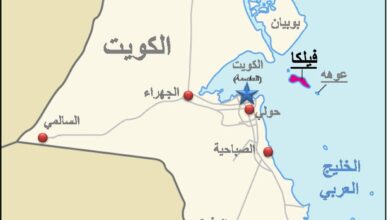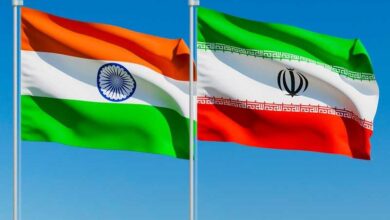Procapita’s annual report highlights Kuwait’s employment challenges

Procapita’s second annual report for the Gulf countries in 2023/2024 sheds light on Kuwait’s prominent position in facing employment challenges, particularly due to laws aimed at attracting talent. The country also leads the Gulf region in terms of the shortage of local talent while showing the least reliance on flexible work models.
The report reveals Kuwait ranking third in the Gulf for the total remuneration of board members in 2022, with each member receiving $252,000. Notably, Kuwait, along with the UAE, is highlighted for its significant utilization of the “silent recruitment” approach in talent management strategies, reports Al-Qabas daily.
Furthermore, the study indicates a relatively low investment rate in artificial intelligence (AI) across Gulf companies, with only 23% currently investing in AI. However, there is a positive outlook, with the UAE and Saudi Arabia projected to lead in AI investment or planning in 2024, contrasting with the prevalent use of traditional operating and management methods.
Commenting on the report, Procapita CEO and ZENITHR founder, Muhammad Abu Al-Rub, underscored its significance as a pivotal resource for companies navigating the evolving labor market landscape in the Gulf. He emphasized the report’s comprehensive analysis of economic developments, human resources trends, and the impact of AI technologies on operational processes.
Abu Al-Rub also acknowledged the contributions of Procapita’s strategic partners, ZENITHR Smart Solutions for Human Resources and Thomas International, in enhancing understanding of talent dynamics within Gulf companies. He highlighted the commitment to delivering value to all partners and expressed gratitude for the increased participation, indicating growing confidence in Procapita’s efforts to comprehend the dynamic HR landscape in the Gulf.
The following are the key findings
- The employment growth rate remains positive in the Gulf countries, as the number of employees increased in 66.7% of the participating companies in 2023. Saudi Arabia witnessed the highest growth rates among the countries of the region, and 70.1% of the participating companies from the Gulf countries expect high employment growth rates during the year 2024.
- 64.6% of companies indicated that providing new job opportunities is the main reason behind employees leaving their jobs. Furthermore, compensation and benefits come in second place at 43%.
- 43.3% of participating companies in the Gulf countries see competitive compensation offered by neighboring markets as a challenge, as this leads to “talent drain.” Furthermore, 39% of companies expressed that the lack of skilled professionals constitutes another challenge. Moreover, Kuwait suffers from the challenges of laws that govern attracting talent.
- 56% of the participating companies reported that more than 75% of the employees who successfully completed the probation period were employed in the Gulf countries. The highest rate was in the UAE, while Bahrain recorded the lowest employment rate.
- 60.8% of the participating companies that invested in artificial intelligence in the Gulf countries expected to achieve benefits from the use of artificial intelligence in a period ranging between one and three years. Moreover, 31.3% of participating companies reported that they have already benefited from applying artificial intelligence in their operational processes.
- The Gulf countries recorded a promotion rate of 57%, with Saudi Arabia topping the list in terms of granting the highest number of promotions, followed by Qatar by a slight margin. The participating companies in Saudi Arabia were granted the largest number of promotions, while the participating companies in the Sultanate of Oman were granted the smallest number of promotions.
- The report indicated that 83.3% of participating companies plan to offer increases or bonuses in 2024. 47.6% of participating companies will implement an increase in salaries and bonuses in 2024, while 16.7% of companies will not grant increases or bonuses to their employees. The UAE represents a role model, followed by Kuwait, where participating companies in the UAE will offer at least one type of cash benefit, which represents one of the successful ways to enhance employee satisfaction and retention levels.













